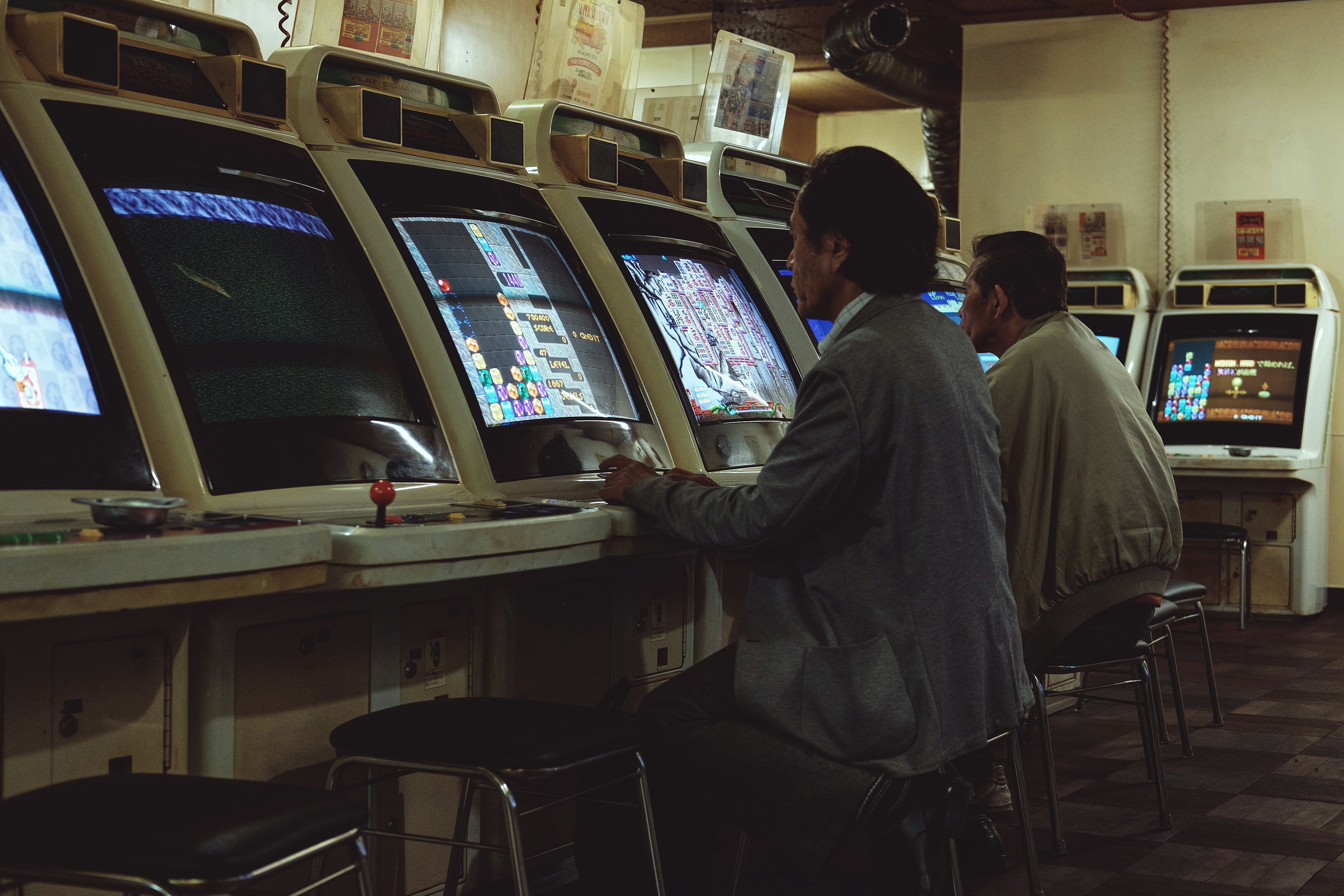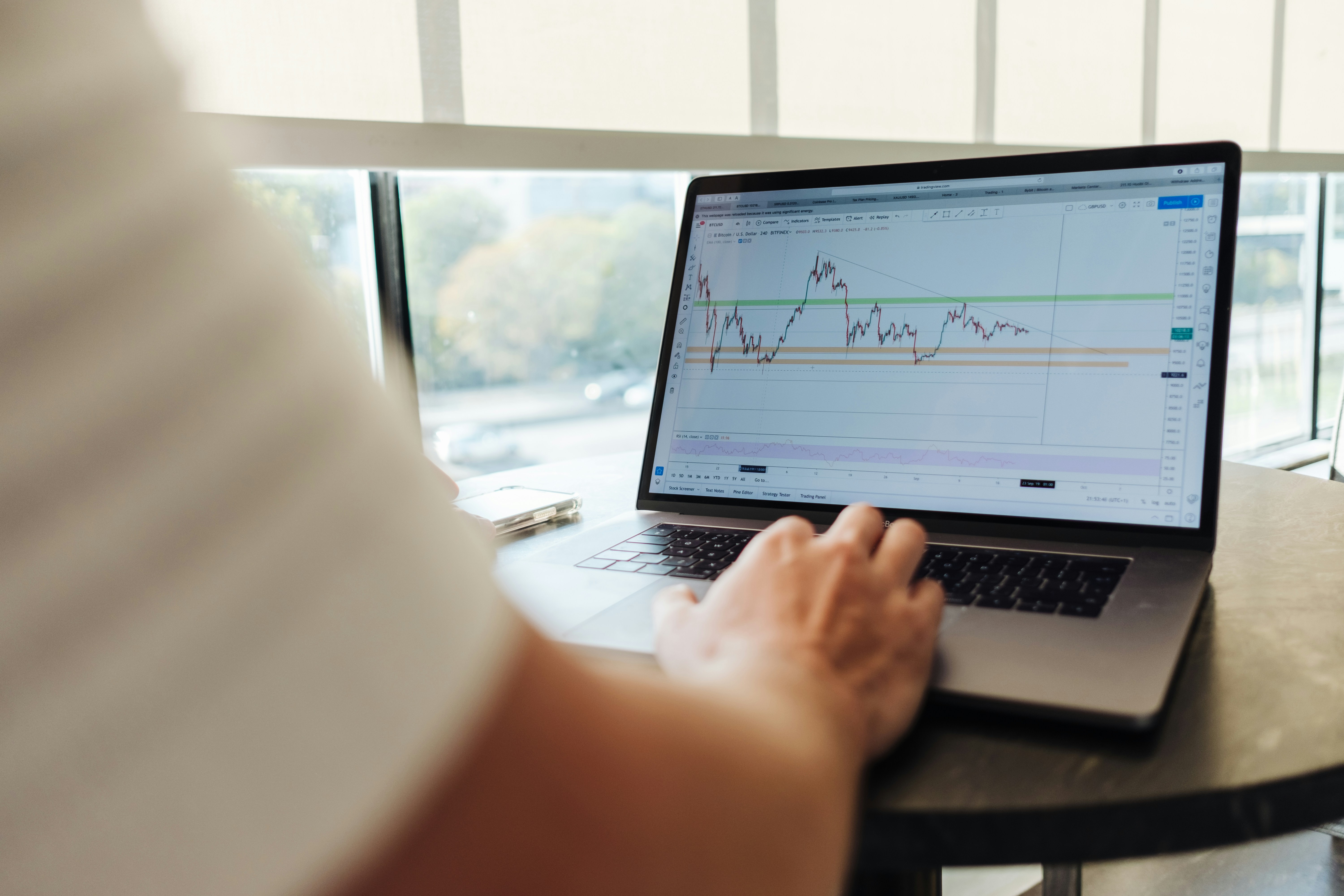Many people ask, "Is day trading gambling or a skill?". They compare day trading to gambling, and it is easy to see why. Both involve risking money in hopes of making more returns. The rush of quick wins, the sting of sudden losses, and the emotional rollercoaster that follows can make trading feel like betting on luck.
Day trading is not gambling; it requires a certain level of skills and education to continually place trades that return maximum profit at the end of the day. It only becomes gambling when you trade without a plan, discipline, or knowledge. With the right mindset, risk management, and strategy, day trading is a skill that can be learned and developed, not a game of chance.
Let us delve into what differentiates day trading from gambling and why it is a skilled venture.
What Makes People Think Day Trading Is Gambling
It's common to mistake trading for gambling because of how unpredictable the markets can be, as well as some traders' approach to day trading. Some of the key reasons include:
- Emotional decision-making: Some traders treat trading as a gamble when they trade based on emotions like fear of missing out, greed, or simply gut feeling. Without a strategy or proper analysis of market trends, it just chases losses and makes impulsive trades to recoup losses. Like placing a trade, hoping it goes up, or because everyone is cashing out now.
- Lack of strategy: Some traders rely on luck instead of analysis, which often leads to random trades. Imagine a trader who buys a stock just because it's trending on X, hoping it will keep going up, instead of having a proper strategy for their trade.
- Short-term luck: Sometimes traders win by chance, which makes it seem like luck works until it doesn't.
These actions are not trading, but are close to gambling.
Day Trading vs. Gambling: The Real Difference

Gambling and trading may look similar on the surface, but they're fundamentally different.
Gambling is driven by pure chance; there's no real control over outcomes, and players often go "all in" without a plan or risk management strategy. In contrast, day trading, when done right, relies on data analysis, planning, money management, and disciplined risk control.
Day traders typically use technical indicators, charts, and data analysis to identify market trends and make informed decisions. Their success depends on skill, timing, and strategy. But gambling, on the other hand, offers no reliable way to predict outcomes, because the odds are fixed to favor the house. For example, in roulette, every spin is independent, and no strategy can influence where the ball lands. Players often rely on luck or gut feelings, hoping chance works in their favor.
Trading is often compared to gambling because, in both cases, you risk money with the hope of making a profit, but losses can happen just as easily. However, unlike gambling, trading can become a skill when you take the time to study market dynamics, understand patterns, and apply the right strategies.
Important: Even experienced traders can fall into gambling behavior when they abandon discipline and trade on impulse. This often happens when they trade without a plan, use excessive leverage, or risk more than they can afford to lose. It can also occur when they chase losses, revenge-trade after a bad outcome, or ignore their own risk limits. Trading while emotional, tired, or distracted further clouds judgment and leads to poor decisions. In essence, the moment you trade based on impulse rather than data and strategy, you're no longer trading; you're gambling.
Treat trading not as a game of chance, but a calculated pursuit. While gamblers depend on luck, traders treat it as a business with the right skills, education, and patience. Emotion fuels gambling, but data and strategy guide successful trading.
RELATED READ: Is Day Trading Profitable? (2025 Guide)
The Skill Side of Day Trading
Day trading is a skill, especially if you have been doing it for a long time. Most traders who lack knowledge rely on luck and therefore see it as a gamble. Skilled day traders don't depend on luck. They rely on data, analysis, and discipline. Successful trading comes from mastering these core skills:
Data Analysis
This is an important skill where day traders study price patterns, technical indicators, volatility, and market news. This helps them make smart decisions backed by data. A trader can study technical indicators and turn that data into powerful information to identify a potential breakout in the market.
Risk Management
Traders use the right technique to manage risks. This involves knowing when to act on opportunities to make a gain or when to set a stop-loss to prevent large losses when the market is becoming unfavorable.
Strategy Development
Seasoned traders use proven trading systems tested over time. They arm themselves with the right information and knowledge, enabling them to operate tried and tested strategies that guarantee a win.
Psychological Control
Knowing when not to trade is often more valuable than trading itself. Common psychological traps include impulsively entering trades too quickly without confirmation, refusing to take small profits, and holding out for more, or closing winning trades too early out of fear. Seasoned traders analyze and make decisions based on available data and not emotions.
In trading, your biggest opponent in trading isn't the market but you. A skilled trader tests a strategy over hundreds of trades, applies a strict stop-loss rule, and never risks more than 1–2% of their capital per trade. Instead of risking money on an unknown outcome, they cut off greed, FOMO, and impulsive trading. You can keep a trading journal, write down every trade, and review what worked or failed. Over time, you'll start spotting emotional patterns that sabotage your progress.
RELATED READ: Day Trading: Basics & How to Calculate Profits Step by Step
How to Trade Like a Skilled Professional
If you want to treat day trading as a skill, not a gamble, follow these principles:
- Learn continuously: Read books, take verified trading courses, and follow credible educators instead of social media gurus, hypemen, or traders who trade as a hobby with no strategy in mind. Instead, do your research and learn the skills and strategies needed to succeed in trading.
- Be patient: Becoming a skilled trader takes months or even years of consistent learning and practice. Take your time to understand the market before positioning for a good trade.
- Practice first: Use demo accounts to test your strategies without risking real money. You can start small by holding a trade for a few weeks while mastering the skills needed for the real trade.
- Follow regulatory resources: Read materials from authorities like the Securities and Exchange Commission (SEC) and Financial Industry Regulatory Authority (FINRA), to understand trading laws and protect yourself from scams.
- Develop a Trading Plan: Developing a trading plan is a step in the right direction toward becoming a skilled trader. Your trading plan should clearly define your entry and exit rules, position sizing, and risk per trade. Before placing any trade, decide the exact conditions that must be met for you to enter, such as specific chart patterns, technical indicators, or price levels. Equally, determine when to exit, whether that's at a set profit target, when a trend reverses, or if your stop-loss is triggered. This prevents emotional decision-making and helps you stick to a structured process.
- Apply Risk Management: Never risk more than you can afford to lose; instead, decide what percentage of your capital you'll allocate to each trade, typically 1–2%, to ensure you can withstand losses without wiping out your account. Use stop-loss orders to limit potential losses automatically if the market moves against you. Combine that with a risk-to-reward ratio (for example, risking $1 to make $3) to ensure your winning trades outweigh your losses in the long run.
- Utilize relevant trading tools: Skilled Day traders employ the best tools to help them trade profitably. Successful trading isn’t just about strategy; it requires careful planning, precision, and disciplined execution. With tools like the Day Trading Simulation to test strategies in a risk-free environment, the Risk Management Calculator to determine how much capital to risk per trade, and the Risk-to-Reward Calculator to identify trades with the best long-term potential, you can trade with confidence and clarity. By relying on data instead of guesswork, these calculators help you build discipline. Explore our day trading calculators here.
By consistently following a solid trading plan and applying risk management principles, you protect your capital and give yourself the best chance to grow steadily over time. Remember, trading is not a get-rich-quick scheme like gambling, especially if you do not put in the effort to develop and practice your skills
RELATED READ: Top Day Trading Courses in 2025: Best Picks for Beginners & Serious Traders
Conclusion
So, is day trading gambling or a skill? It all depends on you. If you rely solely on luck, emotions, or rumors, it's gambling. But if you study the market, manage your risks, and stay disciplined, it's a skill.
Day trading isn't a get-rich-quick scheme. It is a risky venture where the possibility of making a profit is higher if you apply the right knowledge. If you are guessing and not working with real data while day trading, you are gambling. If you are relying on luck or gut feeling without analyzing the market, you are gambling. The craft rewards patience, practice, and emotional control, not luck. Stay focused on process over profits, and you'll stop betting and start trading like a pro.
Frequently Asked Questions
Is day trading considered gambling legally?
No. Day trading is not legally considered gambling because it involves buying and selling regulated financial instruments. However, if done recklessly, it can carry similar risks as gambling.
Why do some traders say day trading is like gambling?
Because both involve uncertainty and risk. The difference is that traders can reduce risk with skill and analysis, while gamblers can't. Gamblers bet on hope and luck, while traders act on evidence and strategy.
Can you become profitable day trading with skill and discipline?
Yes, but it takes time. You need to be patient, disciplined, and consistent enough to make profits from your trades. It is not a get-rich-quick scheme, especially if you do not put in the effort to develop and practice your skills. Profitability comes from testing, risk control, and emotional discipline while trading, and not luck.
What's the biggest difference between a gambler and a trader?
A gambler relies on chance. A trader relies on data, probability, and strict risk management rules.
How can I avoid turning my day trading into gambling?
Use a trading plan, keep a journal, manage your risk, and take time to learn before risking real money.
Do professional traders ever lose money?
Of course, even skilled and experienced traders lose money from trading at one point or the other. But the difference is that they limit their losses and learn from them instead of chasing revenge trades.
How much capital do I need to start day trading responsibly?
It depends on the market you are trading in and the broker. You need enough money to make enough profit while trading. But you should only start with money you can afford to lose. Aim for proper capital to manage risk effectively.

Follow Us On Social Media